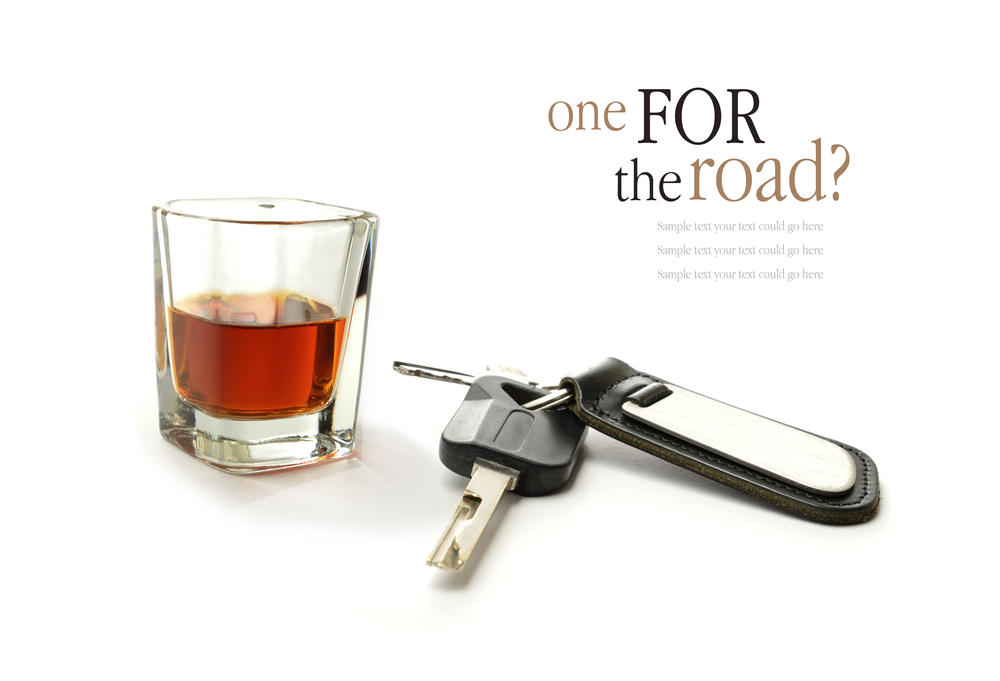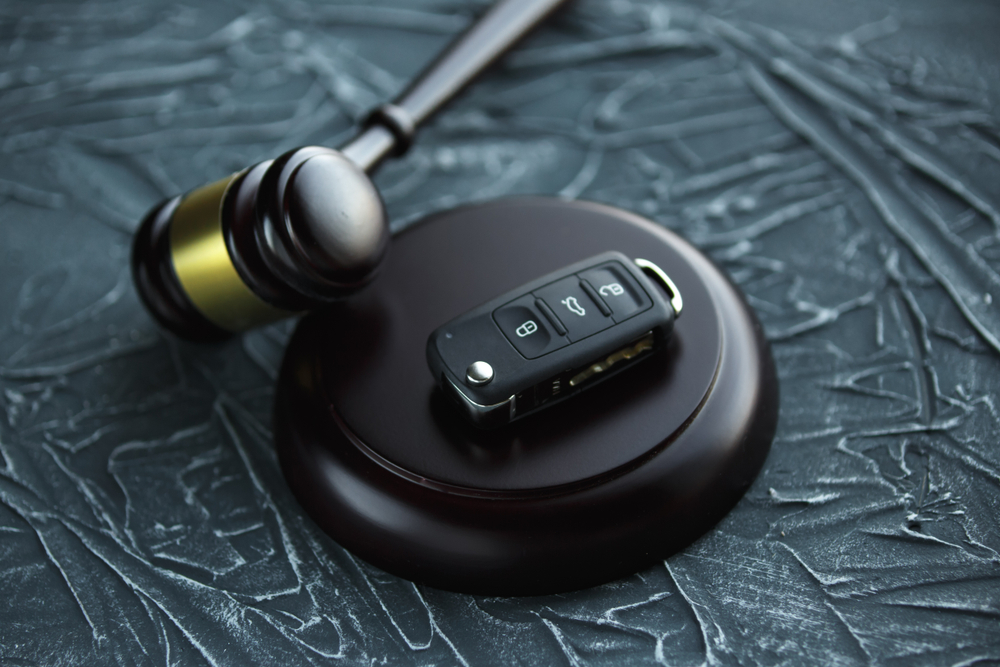As a business owner, you don’t want to risk the good reputation of your business just because you are involved in a driving while intoxicated or DWI case. That’s why when you’re charged with DWI, you have to prepare yourself for the case, which includes the criminal court process.
Remember that a DWI conviction can significantly affect your career, finances, and your family. Hiring a trusted and reputable DWI lawyer can help you prepare, from filing your motions to a court hearing.
In this post, you’ll learn some expert tips so you can prepare yourself for a DWI case.
DWI Rome Lawyer: 5 Tips to Prepare For a Case

1. Decide on What Plea to Enter
A start-up or family business can easily be affected if your loyal customers and locals find out that you’re dealing with a criminal offense.
Of course, you don’t want to be the talk of the town in a negative way. So, as much as possible, you want to enter a “no guilty” plea when facing a DWI case.
You need to formally decide on your plea in arraignment, and your plea will likely determine your next course of action. If you plead “no contest” or “guilty,” you’ll be sentenced accordingly. If your plea is “not guilty,” the next steps will be testing the evidence and challenging the prosecution.
Don’t allow a DWI case to ruin your life. This is why you should discuss this matter with your DWI defense lawyer before you decide on what plea to enter.
A good lawyer will review the facts of your DWI case so you can go through the next steps with favorable results. Click here to find the right lawyer today.
2. Narrate and Write Down Everything You Remember
As much as possible, you want to go back to business after the incident. But no matter how busy you are, you should take time to narrate everything to your lawyer.
A DWI case requires strong evidence, so you have to try remembering everything that happened before, during, and after your arrest.
A police officer should have reasonable suspicion to pull you over. An example is seeing you violating traffic laws, or you got involved in a roadside or car accident.
If these circumstances did not occur, the police officer might not have had a good reason or reasonable suspicion to ask you to pull you over.
Remember what the police officer had said and done after you were pulled over. Write down the logical events while they’re still fresh in your mind so you won’t forget any details. Also, this will help you expose police misconduct if it occurred.
3. Prepare All Documents and Evidence for Your Defense

As expected, the prosecution is ready with the arresting police officer’s written report, the results of your Breathalyzer tests or blood sample, and other evidence.
That’s why you must work with your defense DWI lawyer to gather all the necessary evidence to prove that you’re not guilty.
Your passengers, if any, can provide testimony as well. Also, any medical issues could be ruled out to have affected the positive results of the blood-alcohol test.
Also, it’s worth noting how the arresting officer performed the field sobriety tests. A knowledgeable and skilled DWI attorney will determine what documents and evidence you’ll need to provide for the best outcome of your case.
4. Be Financially and Emotionally Prepared
Every DWI case is unique, and no matter what happens, you should prepare yourself to handle the consequences of a DWI conviction.
Usually, a first-time DWI conviction has up to six months of jail time and up to $1,000 in fines. Also, the DMV or Department of Motor Vehicles will suspend your driver’s license for up to six months.
When it comes to financial costs, be prepared to pay state and local fines, restitution, increased insurance rates, and penalties.
A first-time DWI conviction has an estimated cost between $10,000 and $16,000. While it would mean spending a portion of your business profit to pay for these expenses, your lawyer can help you reduce the amount through proper negotiation.
5. Understand DWI Court Hearings

It’s important to understand DWI court hearings to prepare yourself for the next steps better by hiring legal counsel. Many people feel overwhelmed with everything that is happening to them, most especially first-time offenders.
Here are the things to expect in a court hearing:
- Arraignment: You’ll be asked to appear in court for your DWI charge unless your plea is guilty. You’ll appear before a judge during the arraignment, who will be reading the criminal charges held against you. You’ll need to enter your plea, either guilty or not guilty. Also, the judge will decide whether the bail amount can be changed or to release you.
- Preliminary Hearing: When you plead “not guilty,” you’ll appear before the court with the judge and the prosecutor, who will establish any “probable cause” of your guilt in a DWI case. The prosecutor will call witnesses, and your lawyer can cross-examine them. At the preliminary hearing, the prosecution must present sufficient and solid evidence to convince the judge that there’s “probable cause” of you committing a DWI. Otherwise, the case will be dismissed.
- Trial: The defendant and the state will choose a jury, present witnesses, and provide closing arguments.
Conclusion
Avoid being grilled by the prosecution by hiring a DWI lawyer who can help you right from the start until the criminal court proceedings. Your lawyer can help you with your case by determining whether improper administration of field sobriety testing occurred or a malfunctioned Breathalyzer machine was used.














